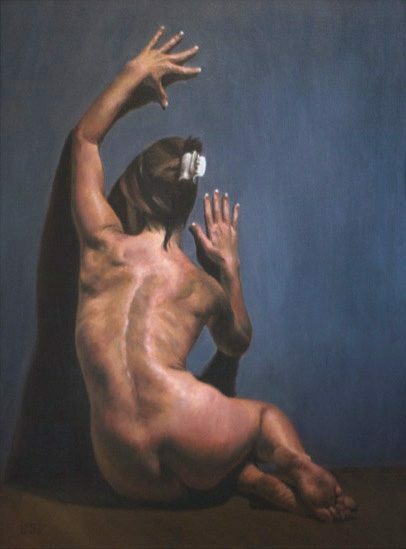What is the style?
Drafting / / July 04, 2021
Style was the awl, sharp at one end and flat at the other, with which the ancients wrote and erased on tablets covered with linen and waxed. Over time, the term came to refer to certain conditions of what was written.
In classical antiquity, style was considered as a set of features or characters that constituted a permanent and unchangeable category in literary expression. During the Middle Ages, it designated a group of fixed types of exorno or figures of speech. Starting in the 18th century, the term began to be confused with form and came to mean the individualizing or characteristic of a particular speech.
Currently, style means: a) mode, manner, form; b) use, practice, custom, fashion; c) way of writing or speaking, not in terms of the essential and permanent qualities of language, but of the accidental, variable and characteristic of the way of forming, combining and linking phrases, sentences and periods to express the concepts; d) set of procedures with which a writer appropriates, for expressive purposes, the resources that offers the language: it is a selective act on the linguistic material, in order to obtain certain effects; e) set of common features - or "collective spirit" - of the literature of each age, as well as of its thought, art, politics, economics and science.
Thinkers, literati and preceptists of all ages have expressed their concepts of style in different expressions. Some of the most significant are:
Style is the face of the soul; such is the style of men as is his life.
Seneca
A man's style is as much a part of him as his face, his body or the rhythm of his pulse. fene / on r
Style is the philosophy of mind.
Schopenhauer
The style is the man.
Buffon
The style is this: add to a given thought all your circumstances to produce all the effect that thought should produce.
Henry Beyle (Stendhal)
In the soul that gives being to words is the deepest style.
Flaubert
Style is the particular way the writer sees things.
Flaubert
Style is a quality of language that accurately communicates emotions or thoughts peculiar to the author.
Middleton murry
The magic of style is creative; its possessor creates, and in turn inspires and enables its reader, in some way, to create with it.
Arnold

